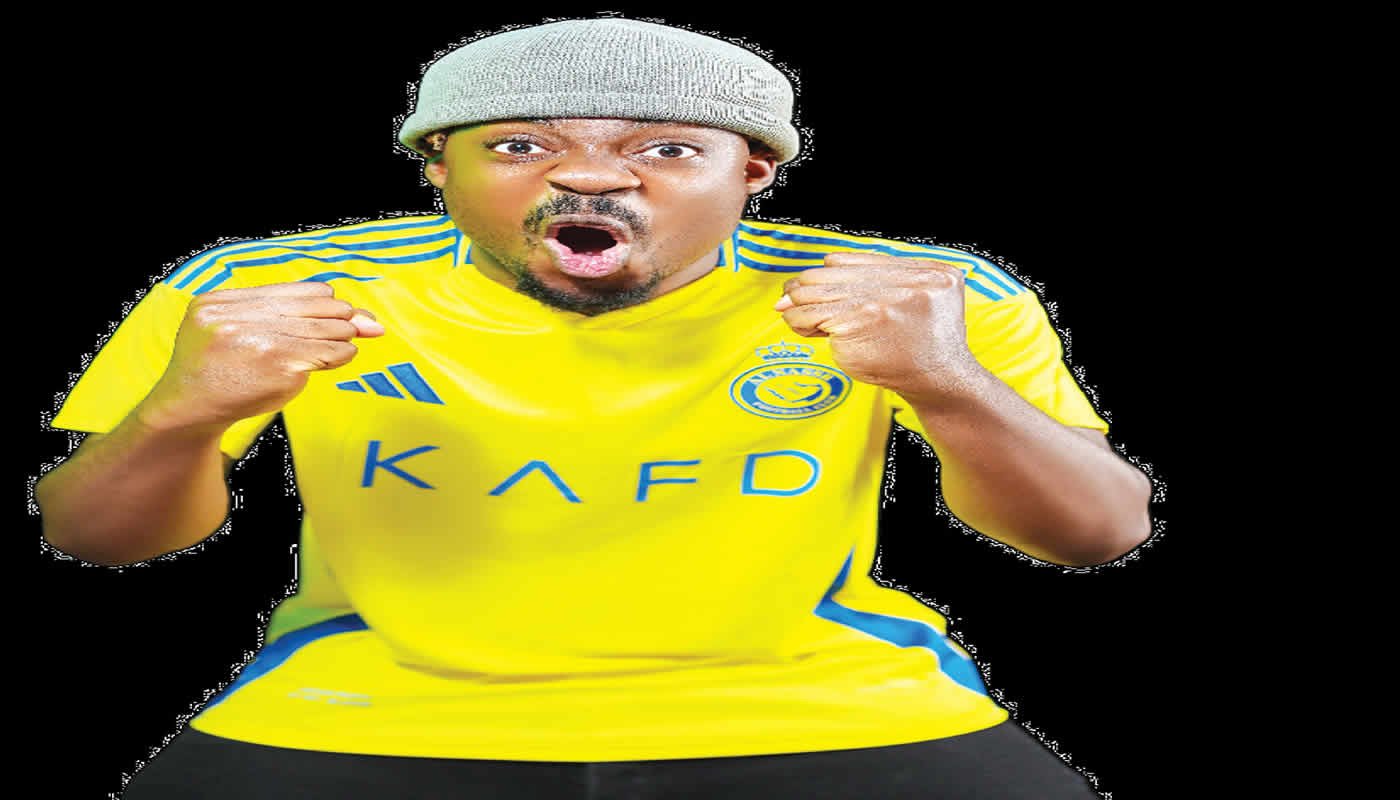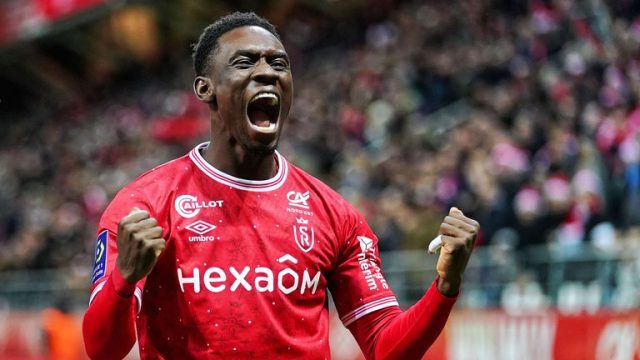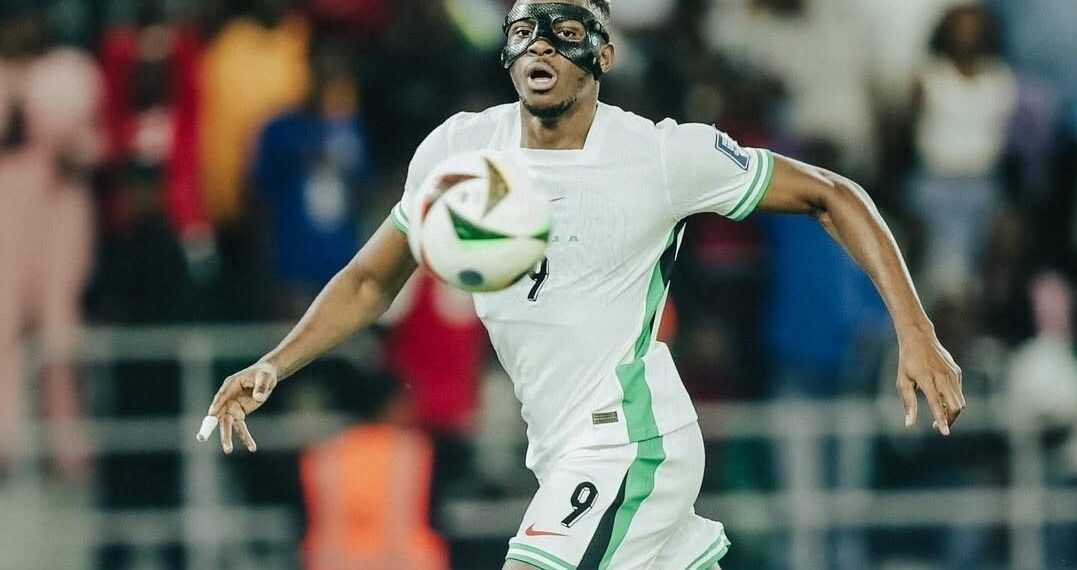Nigerian fan culture thrives in communities across the country, from the raucous viewing centres in Lagos to family parlours in Enugu and outdoor gatherings in Jos. Football is more than a pastime—it’s a deep part of Nigeria’s social fabric. Yet, despite this collective passion, the journey into sports as a viable career is often a rocky one, filled with both ambition and the realities of Nigeria’s sports ecosystem.
For many young Nigerians, the dream of making it in sports, or content creation around sports, begins early but clarity comes much later. According to one Lagos-based creative, “I started contemplating a career in content creation back in 2018, during my first year at the University of Benin (UNIBEN). But it wasn’t until 2021, when I landed a lead role in my friend’s YouTube series ‘Young Love,’ that I truly believed in its potential as a career path. That character took off, and seeing my friend earning a living through content creation made it clear that this could work for me too.”
The leap into sports content is swift but not always straightforward. Opportunities can arise from the most unexpected quarters—a viral video here, a breakout role there. For many, seeing peers succeed provides the push to chase dreams previously considered just a hobby.
Though Nigerian football is adored nationwide—fueling debate, music, and #NaijaNoDeyCarryLast hashtags—some fans admit to only recently following the sport closely. “I only started watching Nigerian football seriously a few years ago,” one fan shared. While many recall the 1996 Atlanta Olympics gold win as the ultimate moment in the country’s sporting history, recent tournaments have been bittersweet. With the Super Eagles struggling to reach latter stages of global competitions, the longing to see the national team excel remains strong.
One recurring issue cited by both fans and pundits is a lack of consistency in the squad. “The problem with the Nigerian football team has always been inconsistency. There’s a new set of players every other game, making it hard to build team chemistry,” says Abuja-based analyst Peter Akanbi. Even with fresh attempts to solidify the current team, much work remains. Players like Victor Osimhen have risen to prominence and are highly rated domestically, but there’s a sense he and others could be given even greater recognition at home.
Many fans are skeptical about Nigeria’s prospects in international events like the 2026 World Cup. “To be honest, I don’t see Nigeria making it far in the next World Cup. Even if we qualify, it’s likely we’ll be eliminated early. The system itself needs total reform,” a supporter explained. Frequent coaching changes have not yielded results, strengthening the view that the real issues lie within the football administration. It’s a sentiment echoed in local discussions: until there’s an overhaul of the country’s football governance and youth development, Nigeria may continue to underachieve despite abundant natural talent.
Local communities repeatedly bear witness to the untapped talents of young people whose football dreams fade due to poor infrastructure and lack of support. In places like Ajegunle and Warri, informal matches unearth potential stars, but many switch paths because, as activists argue, the system fails to prioritize sports—both at government and institutional levels.
If given the task of fixing Nigerian sports over a four-year period, what would experts do differently? According to sports administration insiders, reform would start by reassessing the annual budget for sports and replacing appointees chosen by connection rather than competence. “Positions are often given based on who you know, not what you know,” explained one grassroots coach. This method hinders progress, as individuals with little passion or understanding of sports are tasked with critical decision-making roles. “We need people who genuinely care about sports development, not just about the money involved,” argues Lagos-based coach Chioma Okonjo.
A case in point was an attempt to scout U-17 talent where thousands of young boys were summoned to one location—an approach widely criticised for its inefficiency. “How do you expect to properly assess so many players in one day, in one place?” Okonjo questioned. This lack of strategic thinking permeates the system, leaving grassroots talent overlooked.
Will you consider personally investing in a sports project?
For many successful individuals who owe their careers to sports, giving back is non-negotiable. “Absolutely,” insists a prominent content creator. “One of my biggest dreams is to invest in an academy or youth program. Sports gave me opportunities I never imagined, and it’s important to create the same paths for others. I also hope one of my children chooses sports—it would bring me immense joy. Just look at England: football is an economic powerhouse, their league is the envy of the world. Unfortunately, in Nigeria we sometimes overlook sports because our natural resources bring in revenue, so we neglect its potential for national development.”
Do you think Nigeria celebrates its athletes enough while they are still active, or only when they retire?
“It’s unfortunate, but the answer is no,” a sports journalist noted. “In Europe, our athletes earn big contracts and critical acclaim, but at home, the recognition is not as forthcoming. Nigerian stars like Wilfred Ndidi and Asisat Oshoala have made international headlines, yet are more celebrated abroad than here.” This sentiment is echoed by fans and athletes alike, who point to a need for better support, rewards, and homegrown celebration of active sportspeople.
What is the biggest heartbreak football has ever given you?
Football’s emotional highs and lows are universal. “My greatest heartbreak was watching Portugal crash out to Morocco at the last World Cup—Ronaldo’s exit was painful. I hoped he would win the trophy before retiring. Then Messi lifted the cup with Argentina, and that final against France brought an emotional rollercoaster: when Mbappé equalled, then the drama of penalties. It was a reminder that, as much as football brings joy, it can also break you, sometimes making us question why we invest so much emotion in the game.” Such moments illustrate why football remains a deeply personal, yet truly national, affair in Nigeria and West Africa.
As the region looks to the future, integrating sports development with economic policy, improving infrastructure, and fostering young talent could be transformative. Countries like Senegal and Morocco have shown the value of investing in grassroots academies and strong domestic leagues—strategies Nigerian sports leaders are being urged to emulate.
Experts agree that for Nigeria to reclaim its glory in global sports, a systemic overhaul is necessary—one that values passion, competence, and foresight over personal gain. With reforms and renewed support for youth talent, many remain optimistic that the golden era of Nigerian sports could return, and with it, new moments for the nation to celebrate on the world stage.
What do you think about Nigeria’s chances in upcoming international competitions? Can grassroots reform really change the game? Drop your thoughts in the comments and follow us for more on Naija sports.
For general support or inquiries, contact us via support@nowahalazone.com.
Let’s keep the conversation going—connect with our community on Facebook, X (Twitter), and Instagram for the latest in sports, gist, and more! Your voice matters—join us today.










